Indeed, docility ought to be the principle characteristic not only of the “path” of each individual Christian, but also of the wider path that distinguishes the kingdom of God.
“Docility” was the keyword of Pope Francis’ homily in the Mass he celebrated on Tuesday morning, 25 October, in the Chapel of Santa Marta.
The Pope first made a brief reference to the liturgy of the previous day: “Yesterday we repeated, and also prayed: ‘Blessed are those who walk in the law of the Lord’”. We must “walk in the law”, he said, and “not only see it; not only study it”. The law, in fact, “is for life, it helps build the kingdom, to make life”.
This was the theme that Pope Francis expanded upon in his homily on Tuesday. His starting point was the passage from the Gospel of Luke (13:18-21) in which, through the similarities between the mustard seed and yeast, “the Lord tells us that the kingdom is on a path”.
But “what is the kingdom of God?”. Someone might think, the Pope suggested, that it is “a well made structure” with “good establishment plans” and “everything in order”, and that that which does not enter into this organization does not belong to the kingdom of God. But to think in such a way would incur the same error into which one might fall with regards to the law: being “fixated”, the “rigidity”.
Instead, Francis explained, using an unusual but effective transitive verb, “the law is for walking”. And “the kingdom of God is on its way”. The kingdom “is not stagnant”, but, even more, “the kingdom of God ‘is built’ each day”.
To clarify this concept, the Pontiff said, “Jesus speaks of two things of everyday life: the yeast does not remain as yeast, because eventually it will ruin; it is mixed with flour, it is on its way and develops the bread”; and likewise “the seed does not remain a seed: it dies and gives life to a tree”. Therefore: “the yeast and the seed are on the path to ‘making’ something”. And “the kingdom is also this way”. The Pope wished to reiterate the concept: “Yeast and seed die. The yeast is no longer yeast: it mixes with the flour and becomes bread for all, a meal for everyone. The seed will no longer be seed: it will become a tree and will become a home for all, for the birds”.
This is not an “issue of smallness”, Francis said, for which one might think: “it is small, it is a small or big thing”. It is, rather, “a problem along the way”, and it is precisely on the way that “the transformation happens”.
Referring again to the homily he gave on the previous day — in which he highlighted “the attitude of the person who observes the law but does not walk, who was fixated”, and that “being fixated, was an attitude of rigidity” — the Pope then passed to the level of the personal involvement and commitment of every Christian: “what is the attitude that the Lord asks us to have, so that the kingdom of God may grow and be bread for everyone and shelter for all?”. The answer is clear: “docility”. In fact, he added, “the kingdom of God grows, with docility to the strength of the Holy Spirit”.In this regard Pope Francis took the symbolism proposed in the Gospel passage: “the flour ceases to be flour and becomes bread, because it is docile to the strength of the yeast”; and again: “the yeast is left to mix with the flour”. And even though “flour does not have sentiments”, we know that in allowing it to be “knead”, there is “some pain”, as there is later when you “allow it to cook”.
The same dynamic is found, the Pope said, regarding the kingdom of God, which “grows in this way, and then eventually becomes food for everyone”. As “the flour is docile to the yeast”, and “grows”, so too does the kingdom of God: “The man and the woman who are docile to the Holy Spirit grow and are a gifts for everyone. The seed is also docile in order to be fruitful, loses its size as a seed, and becomes something else, something much bigger: it transforms”.
For this reason the kingdom of God “is like the law: on a path”. It is “on a path towards hope, it is on a path towards fullness” and, above all, “it is made every day, with the docility to the Holy Spirit, who is the one who unites our little yeast, or small seed, to strength, and transforms them to grow”.
On this point the Pontiff outlined another connection to the reflection he gave the previous day, when he spoke about the relationship with the law: when we do not walk the law, he said, we become “rigid and the rigidity makes us orphans, with no Father”. This is because those who are rigid “have only masters, not a father”. In this way, the kingdom of God, which is realized by walking, “is like a mother who grows fruitful” and “gives herself so that her children are nurtured and have a dwelling, according to the example of the Lord”.
Therefore, Francis concluded, we must “ask for the grace of docility to the Holy Spirit”. Indeed, we are often “docile to our whims, our judgments”, and we think: “I do what I want”. But “the kingdom does not grow in this way”, and “we ourselves do not grow”. It is, rather, “docility to the Holy Spirit that will make us grow and transform as the yeast and seed”.


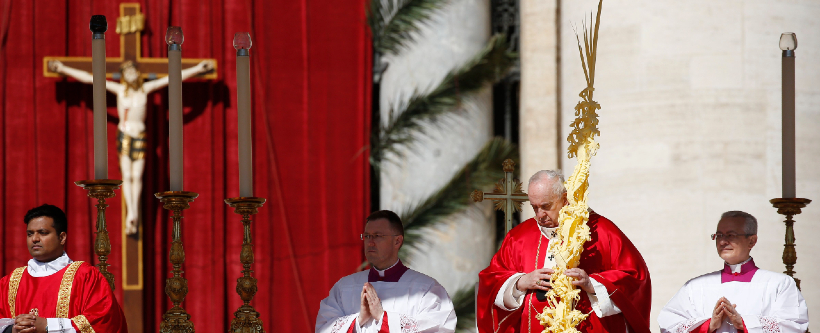
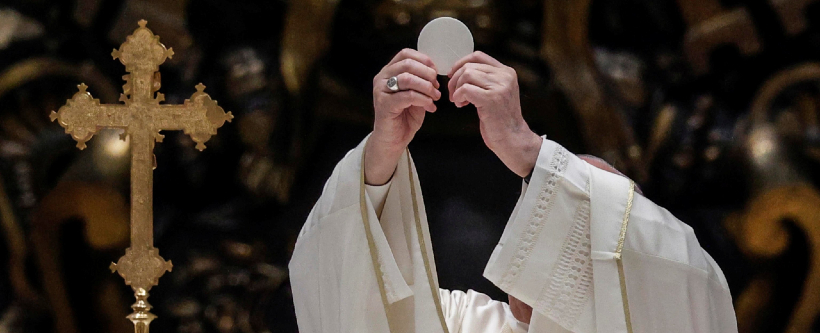
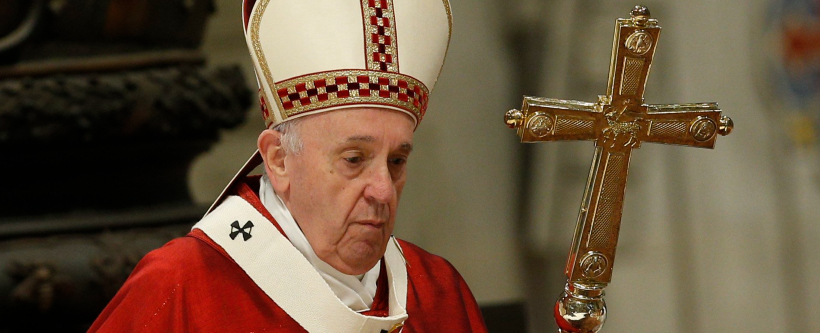
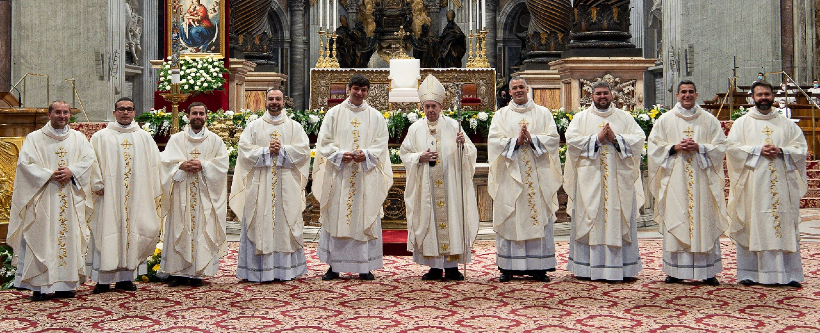
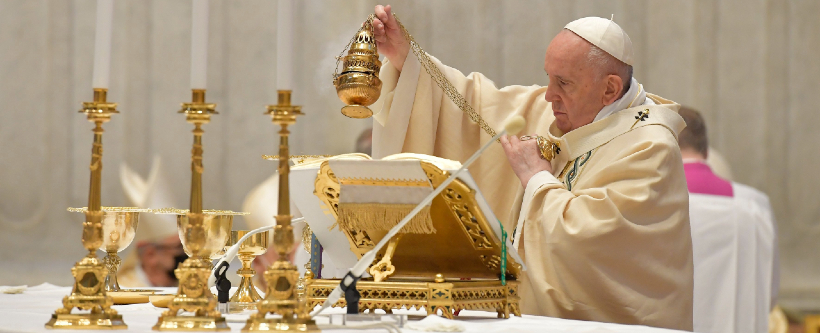
Facebook Comments